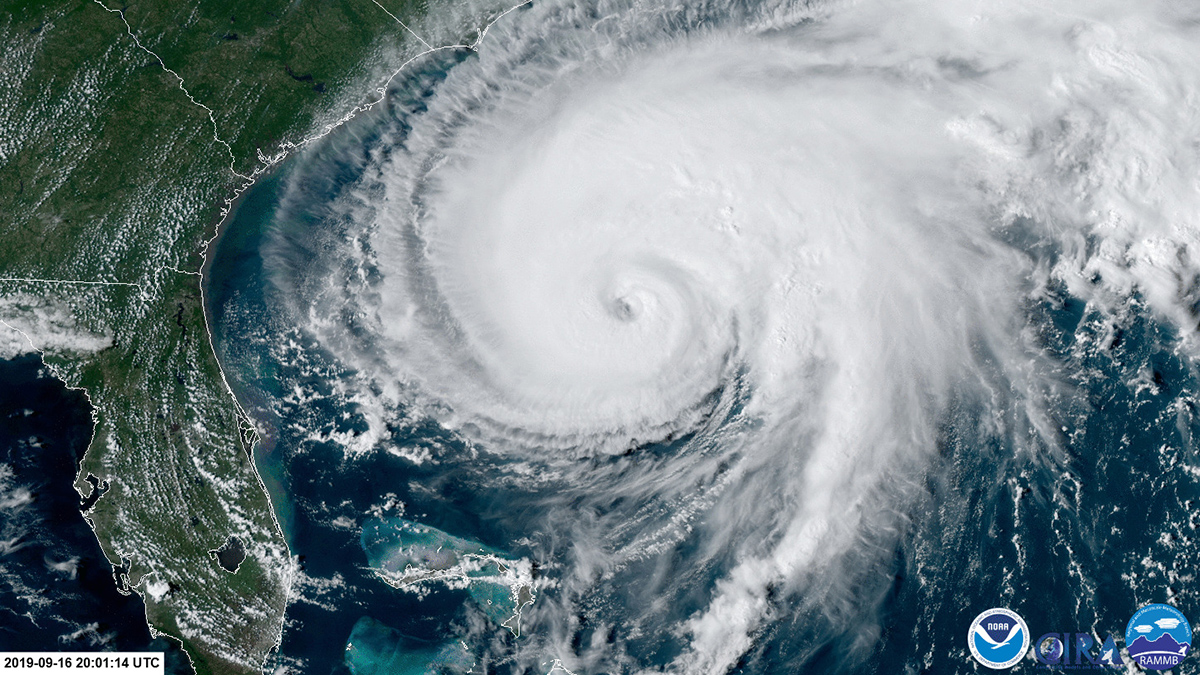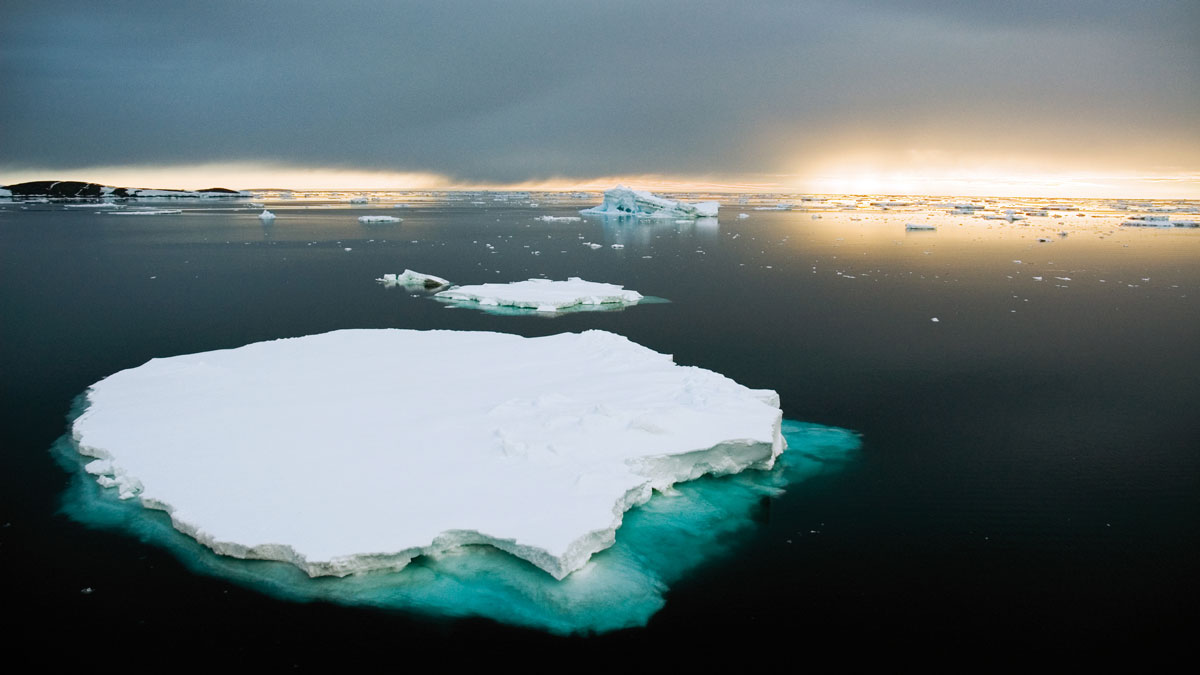The Kansas Geological Survey’s annual Field Conference takes scientists, producers, legislators, and public officials around the state to spark conversation about natural resources.
science policy
There is No JOIDES in Mudville
After almost 4 decades of research, the JOIDES Resolution will retire in 2024, leaving the ocean floor in peace (for now).
Deep Emissions Cuts Still Needed to Prevent the Worst Climate Change Impacts
A new federal report says the effects of human-caused climate change are worsening in every region of the United States, but the technology to address it exists.
Climate Tipping Points Could Be Triggered by “Committed Warming”
Unless we rapidly reach net zero emissions, the climate will inch closer to a point of no return—even after greenhouse gas emissions are reduced.
River Recovery from Drought Can Take Years
Climate change has created increasingly volatile weather and a drier atmosphere, making it harder for rivers to recuperate after a drought.
Millions Likely Live in Areas Contaminated by Mining Runoff
Heavy metal contaminants from mining can live in ecosystems for centuries. A new global database shows where the problem is worst.
Machine Learning Highlights Ways to Improve Flood Mitigation
New research shows that home flood insurance coverage is often a reactive purchase in response to flooding, while top-down policies that focus on community resilience may offer more robust protection.
How You Make Money Matters When It Comes to Carbon Emissions
Investment income is associated with more carbon emissions in the United States.
Passing Planetary Boundaries Requires Synergistic Solutions
Considering Earth’s interacting systems could pull the planet back into a stable operating space.
Bird Biodiversity Reports Reflect Cities’ Redlined Past
The lack of bird records in formerly redlined areas creates an inaccurate picture of urban biodiversity, leading to gaps in conservation efforts.










